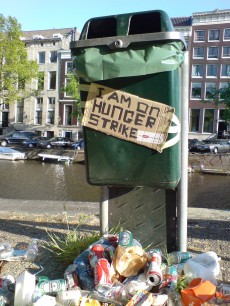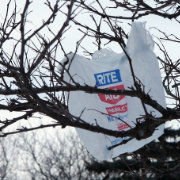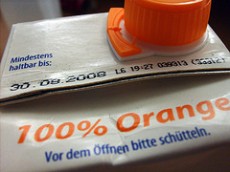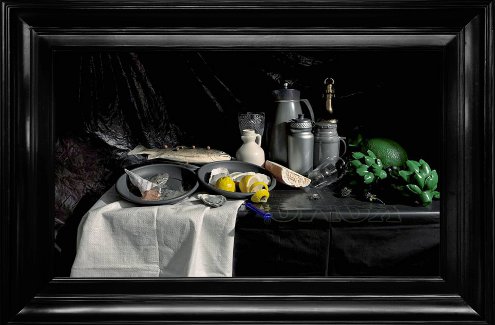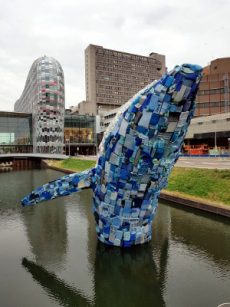
By now you’ve probably heard of overtourism, and that Amsterdam is one of the European capitals affected by it. People are going to continue to come to Amsterdam, but there are ways of not being a nuisance and contribute to a positive atmosphere: helping the city clean up the plastic in the canals.
Set up eight years ago, Dutch group Plastic Whale aims at creating economic value from the plastic waste the boat tours dredge from the canals. Plastic bottles are separated from the rest of the rubbish and recycled to be used in office furniture or even in building more Plastic Whale boats. They also have tours of Rotterdam, which is not yet overrun by tourists, where they attracted some 12,000 visitors in 2018 just to fish some plastic.
Plastic Whale’s founder Marius Smit says that despite the growing strain on Amsterdam from huge numbers of tourists, local residents are also “careless with their own waste”. I can attest to this even outside the city centre as I’m an ‘adoptant’ of the bins on my street. “The city’s bins fill up more quickly because of the numbers of tourists […]. Before you know it, there is a lot of waste on the streets, then it begins to rain or the wind begins to blow and it rains or blows into the canals,” Smit adds.
Britain’s Prince Harry was supposed to be one of the visitors earlier this year but had to cancel due to the birth of his son Archie.
(Link: phys.org)

